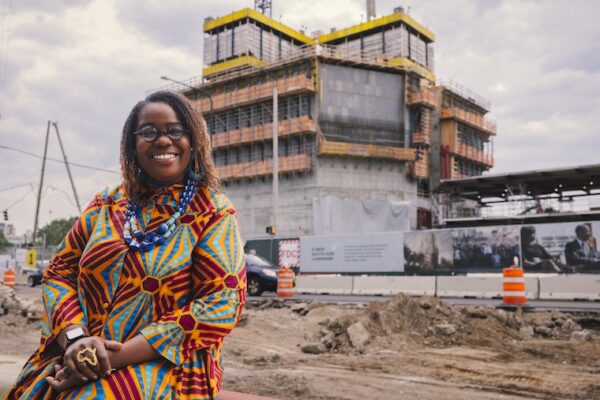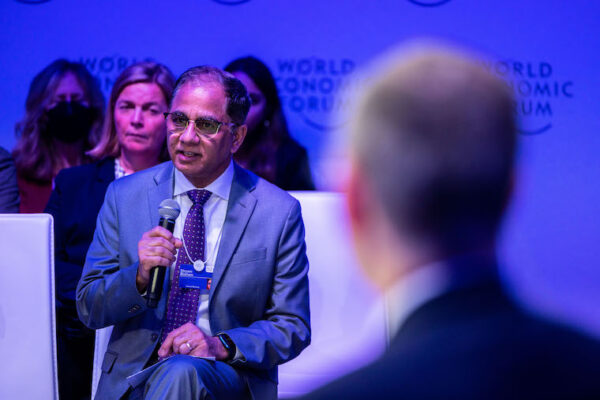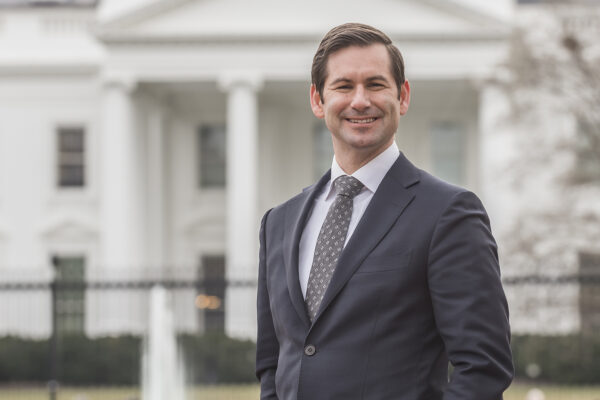When Kevin Butterfield, PhD ’10, organizes presentations for members of Congress and their staffs, he leaves journalists off the guest list.
Butterfield oversees the John W. Kluge Center at the Library of Congress, a humanities research center that houses more than 100 scholars selected annually to mine the library’s vast resources. As director, one of Butterfield’s duties is to organize two series of dinners — for both members of Congress and Capitol Hill staffers to meet with the scholars and learn about new research related to domestic and foreign policy.
“Without media present, members of Congress don’t have to worry about sound bites,” Butterfield says. “We always try to move quickly to Q&A. There’s a lot of genuine intellectual curiosity on display. They’re eager to learn.”
Butterfield understands the deep connections between intellectual communities and government in American history. At WashU, he wrote a dissertation about the rise of American voluntary associations like churches, fraternities and labor unions, which would later become the award-winning book The Making of Tocqueville’s America. “I was interested in how people in the post-Revolutionary period came together to pursue shared goals and become more collectively than they could be individually,” Butterfield says. “At the Kluge Center, we’re creating a scholarly community that strengthens the work of our individual scholars while also impacting policy.”
Butterfield came to the Library of Congress in September 2022 from Mount Vernon, where he oversaw George Washington’s presidential library. Now a mentor to junior scholars, Butterfield draws on his transformational experience of working with dissertation adviser David Konig, emeritus professor of law and history. “Anytime I went to David’s office, he always made me feel like I had his undivided attention,” Butterfield recalls. “I try to emulate that at the Kluge Center.”
As an early American historian, Butterfield quickly found that his understanding of Capitol Hill needed an update. “It’s no exaggeration to say that when I started, I knew far more about the First Federal Congress than I did about the 117th Congress that was then in session,” Butterfield says. “There are a lot of staff here at the library who know everything about Congress and can help me navigate professional relationships.”
WashU gave Butterfield the language he needed to cross disciplinary and political boundaries, integrate the center within the library’s complex collections, and create the kind of intellectual community that lets Capitol Hill ask difficult questions about history and society.
“At WashU, I learned how to converse with literary theorists, sociologists and anthropologists in ways that I wouldn’t have been able to master otherwise,” he says. “As a civil servant, I use that knowledge to bridge the gap between research and legislation.”



Comments and respectful dialogue are encouraged, but content will be moderated. Please, no personal attacks, obscenity or profanity, selling of commercial products, or endorsements of political candidates or positions. We reserve the right to remove any inappropriate comments. We also cannot address individual medical concerns or provide medical advice in this forum.